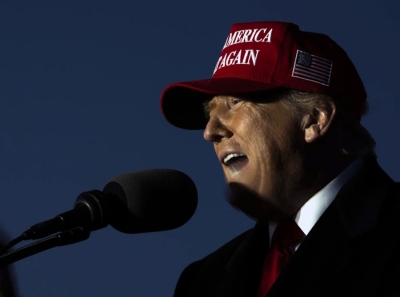UK wants to ban younger generations from smoking
The UK’s House of Commons on Tuesday voted 383 to 67 in favour of a bill banning future generations from buying tobacco products. The minimum age for purchase is to be gradually raised, making it illegal for anyone born after 2009 to purchase cigarettes and other such products. The bill has reignited the debate about a ‘nanny state’. Where are the limits for state intervention in citizens’ private lives?
Bans are unnecessary
This is a serious encroachment on personal freedom, The Spectator argues:
“Defending freedom often means defending decisions that you wouldn’t make, and that you would not wish others to make. The right to offend, to drink, to eat badly, to smoke — this must be defended in a free society. ... Smoking rates have been plummeting without any kind of generational ban, with children less likely than ever to even try a cigarette. The eradication of smoking was on its way to becoming a public policy success story: until the government decided to take down the principles of personal liberty with it.”
Smoking is enslavement
For the Times the ‘right’ to smoke is cynical and wrong:
“No one who surveys the damage inflicted on humanity by smoking since it was first linked with lung cancer by British scientists in the early 1950s can come to any other conclusion. Addiction to nicotine does not admit choice, except in the act of freeing oneself from it, a testing and often unsuccessful process. Those who mobilise liberty of the individual as an argument for allowing fellow citizens to poison themselves to death by inhalation of tobacco — while poisoning others around them — may as well deploy that argument in favour of heroin. Governments ban all kinds of lethal things. ... Smoking is enslavement, not freedom.”









